Description

List of the 5 largest E-Commerce companies in Germany
In the past two decades, e-commerce has experienced rapid growth in Germany. At the turn of the millennium, sales in online trading reached just 1.3 billion euros. In 2019, 59.2 billion euros have already been achieved. High annual growth rates are also expected in the future. These are the 5 largest German e-commerce companies:
1. Otto (GmbH & Co KG), Hamburg
Otto was founded in 1949 as a classic mail order company, the “Otto Catalogue” is a household name. Even today, the mail order business still forms the core of the business model. However, the catalogue has lost much of its importance. Online trading accounts for the largest share of sales. It accounts for about three quarters of Otto sales. Otto operates around 100 online shops and is considered the number 2 in Germany in e-commerce after Amazon. Otto is the undisputed leader among German online retailers.
Update 2023: In March 2023, it already became clear that the group from the Hanseatic city was sliding into the red – sales fell by 2 percent, which equates to a black zero in operational terms. However, according to various business media, the Group is still doing well overall.
2. Zalando SE, Berlin
Zalando was founded in 2008 following the example of the US mail order company Zappos. As investors, the Samwer brothers with their company Rocket Internet were godfathers. They have already helped many e-commerce start-ups around the world. Zalando is a company that has been focusing almost exclusively on e-commerce from the very beginning. Originally focused only on shoes, the Zalando range now also includes fashion and cosmetics. In 2013, Zalando GmbH became an AG. 2014 an SE. In autumn 2014 the company went public.
3. Klingel Group (K – Mail Order GmbH & Co. KG), Pforzheim
Klingel (today officially: K – Mail Order GmbH & Co. KG) describes itself as Germany’s third largest mail order company, it is in any case the oldest existing one. The company was founded in 1923. As with other traditional mail order companies, a considerable part of the business is now conducted via e-commerce. Klingel has over 60 online shops, but is only in the top quarter of shop operators in this country in terms of online sales. This may be due to the fact that the range of products on offer is primarily aimed at the 50+ target group. It includes fashion, shoes, jewellery and watches, home textiles, household and garden products and electrical appliances.
4. Thomann GmbH, Burgebrach-Treppendorf
One would hardly suspect a global company in the Upper Franconian hamlet of Treppendorf near Bamberg. But that is the Thomann GmbH. The online shop for musicians’ supplies operated by Thomann has made the company the largest music supplies retailer in the world in terms of sales. The family business started in 1954 when the travelling musician Hans Thomann Senior founded a music shop in his home town and from then on earned his income as a travelling salesman. Under his son the business was consistently expanded and the internet opened the way to worldwide distribution.
5. notebooksbilliger.de AG, Sarstedt
The company name notebooksbilliger.de AG has been in existence since 2008, but the company was founded as a software house back in 1989. With the advent of the Internet and the spread of e-commerce, the business focus has shifted. Today the main business is the mail order business for notebooks and mobile devices via the two online shops notebooksbilliger.de (Germany) and notebooksbilliger.at (Austria). The company’s headquarters are in Sarstedt near Hildesheim. Further branches are located in Berlin, Potsdam, Munich, Stuttgart, Düsseldorf and Eggenstein (near Karlsruhe).

The following industries are covered by the list
- Online fashion retailers (e.g. Zalando SE)
- Online electronics retailer (e.g. notebooksbilliger.de AG)
- Online children’s and baby products retailers (e.g. myToys.de GmbH)
- Online furniture dealer (e.g. home24 SE)
- Online car parts dealer (e.g. Delticom AG)
- etc.
Picture sources: Campaign Creators
Online retailers at a glance: fashion trade, furniture trade, food trade, etc.
The list of the largest German e-commerce companies is an excerpt from our comprehensive database of the top-selling retail companies in Germany. Thanks to the included categorization according to industry and field of activity, it is possible to filter out the most suitable companies for one’s own project with just a few clicks. Even though online trade has experienced a strong upswing in recent years, many relevant players are still largely unknown. With our list you will get a comprehensive overview of the market and can start directly with your approach. Many of our clients use our databases for lead generation or for the preparation of competitive analyses. Thanks to the clear structure in an Excel file, the data can be transferred to your CRM system or used for further analyses.
This information is included in the directory
- Company name
- General contact data (address, e-mail address, telephone number, URL)
- Serial letter suitable for addressing the management (e.g. “Sehr geehrter Herr Dr. Müller”)
- Name of the management
- Sales figures for the years 2021, 2020, 2019, 2018, 2017, 2016 and 2015 as well as employee figures for the years 2021, 2020, 2019, 2018 (taken from the annual and consolidated financial statements)
- Field of activity
Note: If the sales and employee figures are not included in a company’s own financial statements but in the parent company’s consolidated financial statements, the data from the respective consolidated financial statements are provided.
Electronic Commerce: Headquarters of german players

The German Internet trade industry: Statistics and facts
In 1999, e-commerce sales in Germany amounted to a good one billion euros, and by 2019 the figure will be 59.2 billion euros. This rapid growth is typical. Double-digit annual growth rates are also expected in the coming years. Already today, e-commerce has a share of more than 12 percent of trade, and is expected to increase to up to 17 percent by 2024. The top-selling online retailer in Germany in 2019 was Amazon, followed by Otto, Zalando, Mediamarkt and notebooksbilliger.de.
The success story of e-commerce ran parallel to the spread of the Internet. It forms the technical basis and platform for online commerce. The first commercial applications started in 1990 and today several hundred thousand online stores are active on the German market. Many of them are pure e-commerce providers. But also the stationary trade has meanwhile discovered the distribution channel online store for itself.
The online trade is predominantly a B2C business. Most offers and business models are geared towards (online) consumers. This is also where the largest revenues are generated. There are now hardly any areas of retail that the online boom has not covered. Online retailing is particularly strong in shoes and clothing, consumer electronics, electrical appliances, toys, accessories, jewelry and watches. In addition, e-commerce now plays a major role in consumer-related services – including flights and travel, entertainment and financial services.

Any questions? Get in touch!
Leo Semmelmann, Founder
contact [at] researchgermany.com
+49 (0) 89 38466606
We are looking forward to help you in case of any questions, remarks and individual requests. Feel free to get in touch via email, live chat or phone. We can also offer you package prices and can create individual lists.


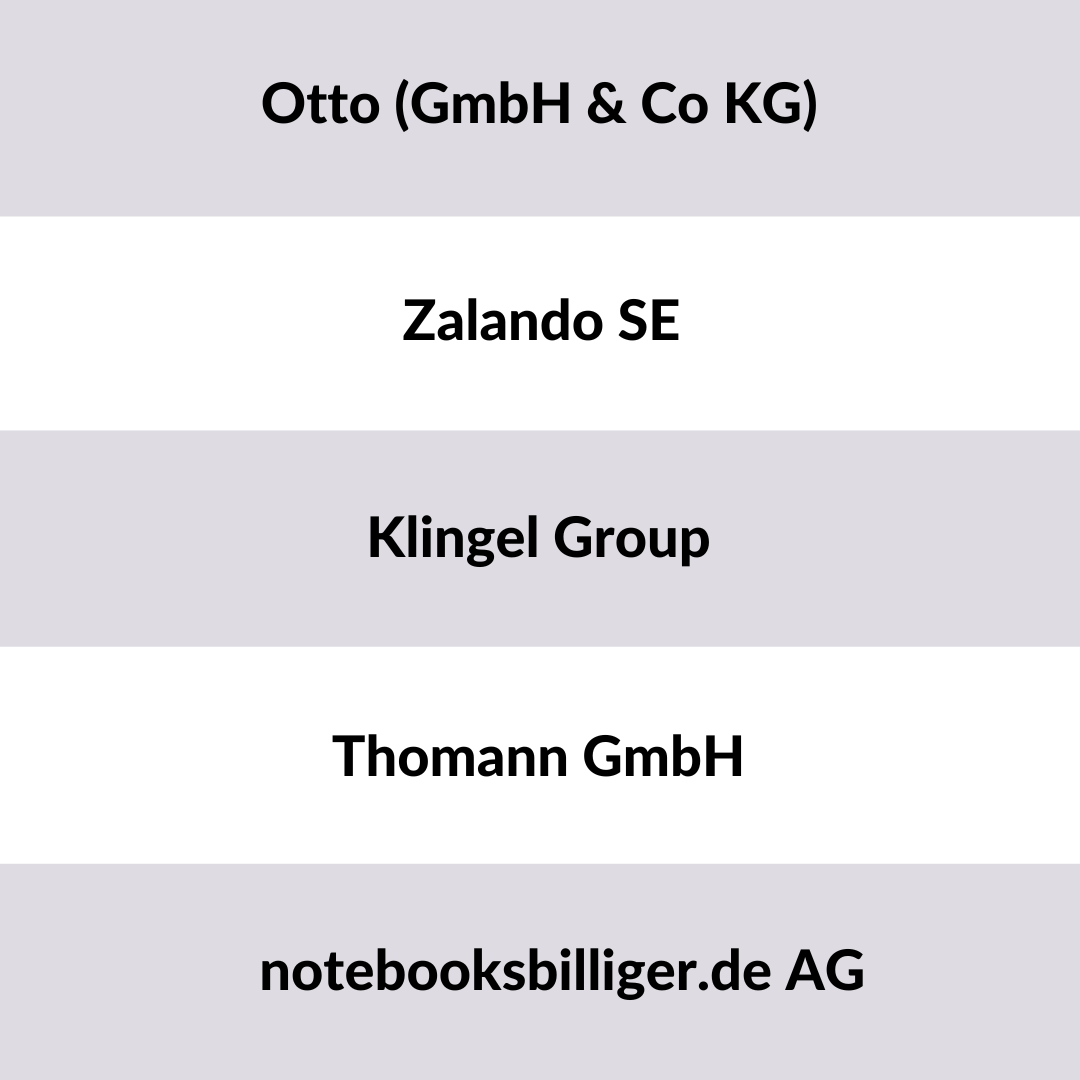
 Contains the 100 largest e-commerce companies or online retailers from Germany from various segments such as furniture retail, wine retail, electronics retail, etc. The list is an excerpt from our
Contains the 100 largest e-commerce companies or online retailers from Germany from various segments such as furniture retail, wine retail, electronics retail, etc. The list is an excerpt from our 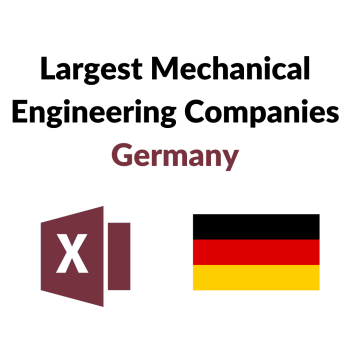
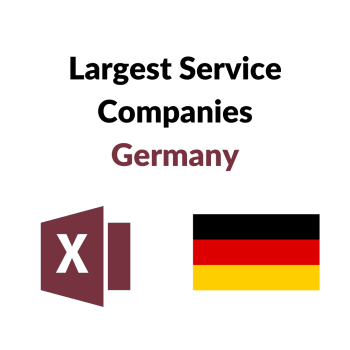
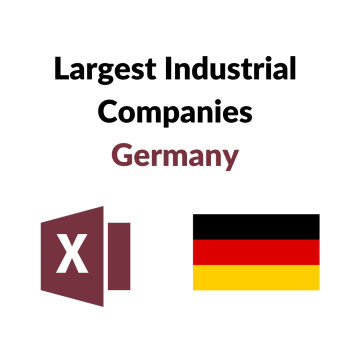
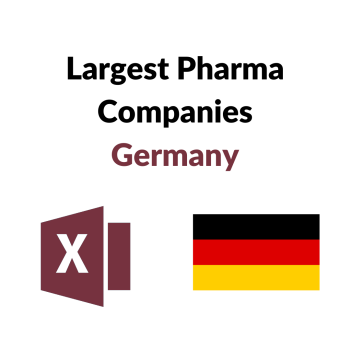
Patrick Ross (verified owner) –
The list offers high-quality data from the entire e-commerce industry in Germany. I am very happy with the diverse selection of data.